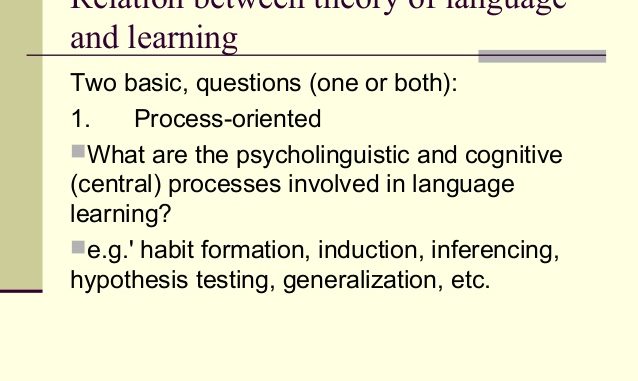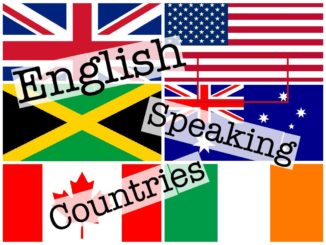
Even in learning a new language, there are theories that you need to consider. However, anyone should be aware about it as it affects their way of learning towards studying a new language. There are two main classes of theories in language learning: condition-oriented and process-oriented. Each one emphasizes a different set of factors that play a critical role in the way students can learn best. Here are things that you need to know:
Condition-Oriented Theories
These types of theories focus on the human and physical context in which language acquisition can take place. For example, they answer questions like:
- What situations does a person need to find himself in to gain the necessary motivation and experience to successfully adopt a new speaking?
- What characteristics does a good language learner have?
- Where can someone best acquire a language?
Process-Oriented Theories
In these group of theories, the focus is on learning processes, rather than the conditions that allow them to happen. The idea is that if you can drill down the processes, you can replicate it for as many individuals as possible. This includes concepts such as
- Habit-formation
- Hypothesis testing
- Induction
How does this affect you as a language learner? Well, if you are working towards acquisition, you probably know that you simply can’t depend on one material to facilitate your learning. Even the best language learning software delivers best results when combined with other learning materials. The better-versed you are with theory, the smarter the choices you can make with regards to combining study materials.
Proudly WWW.PONIREVO.COM
Source by Laurianne Sumerset



